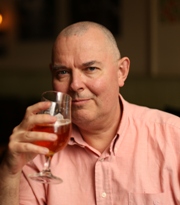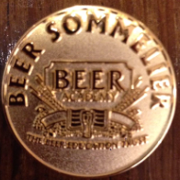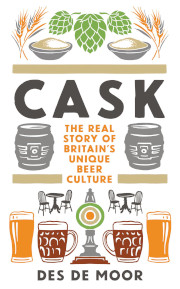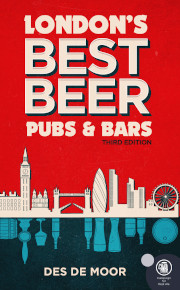A number of new brewing enterprises have launched in the Netherlands in the past year, reports PINT Nieuws, journal of Dutch beer consumers’ organisation PINT.
Launched in April 2009, Brouwerij Florindia is the brainchild of Mikael Kok, formerly a home brewer whose commercial ambitions developed brewing beer as gifts for clients of his international IT business. It’s based in Heerhugowaard, near Alkmaar in the province of North Holland, originally a small village on the edge of a drained peat fen known as the Waardsepolder but expanded since the 1960’s into a major new town with a population currently at 52,000 and planned to double over the next few decades. Perhaps surprisingly, Heerhugowaard enjoys a decent beer culture with several specialist pubs and shops, and Florindia, named after Mikael’s daughters Floor and India, makes a point of selling through this local market.
As with a number of small Dutch brewers, Florindia doesn’t own its own plant, though there are plans for a brewpub at some stage. For the moment all the beers are brewed at de Praght in nearby Dronten, where head brewer Maurice Bouma works closely with Mikael on small batches of 5ool. There’s an very special local connection too in the hopping — some of the bittering hops are grown by Mikael himself on a local property owned by his father-in-law.
The regular beers are the standard Waerdsepolderbier (5.3%), a pils-style beer with pils and cara-amber malt, malted wheat, Northern Brewer, Premiant and Perle hops (34 IBU) and Czech yeast; a blond (5.3%) made to a similar recipe but with Kölsch yeast; and a tripel (8%) with pils, Munich type 1 and cara-Munich tupe 3 malt, malted wheat, similar hops to the pils and a Trappist yeast. Occasional specials include a stout, a strong blond Duvel-style ale and a 12% barley wine called Waerdse Reus. Discussions are underway with supermarkets for wider distribution. For more see http://florindia.nl.
Slightly further south, Amsterdam acquired another brewing firm in November 2009 — Brouwerij Zeeburg, borrowing its name from the part of the city where founders Jan Ronald Crans and Robert van Lil live, which in turn is named after a well-known inn and brewpub that stood there in the early 18th century. Once again the brewers currrently lack a brewery, and their only beer so far, the well-received Zeeburg Tripel, currently originates from fellow Amsterdam brewery De Prael. There are plans for a brewpub. For more see www.brouwerijzeeburg.nl.
A brewery that does have its own kit is Stadsbrouwerij Wittenburg in Zevenaar, Gelderland, and it’s just been expanded, with a copper, three fermentation vessels and three lagering tanks arriving on 25 March 2010, bought second hand from a German brewpub for a bargain price of €100,000. Brewery partners Peter van Schijndel, Jaap Blok, Toon Berens and Rik den Breejen brew under the brand De Jonkheer — the name is taken from the title of a minor noble, as the brewery is based on the property of Jonkheer van Nispen van Zevenaaar. Founded in 2008, the brewery now offers four beers: a Wit (wheatbeer, 5%), a Blond (6.2%), a Dubbel (7%) and a Tripel (7.8%). For more see www.stadsbrouwerijwittenburg.nl.
A wealth of detail about Dutch brewers can be found (in Dutch) on the newly revamped Dutch beer portal at www.cambrinus.nl.






Leave a Reply